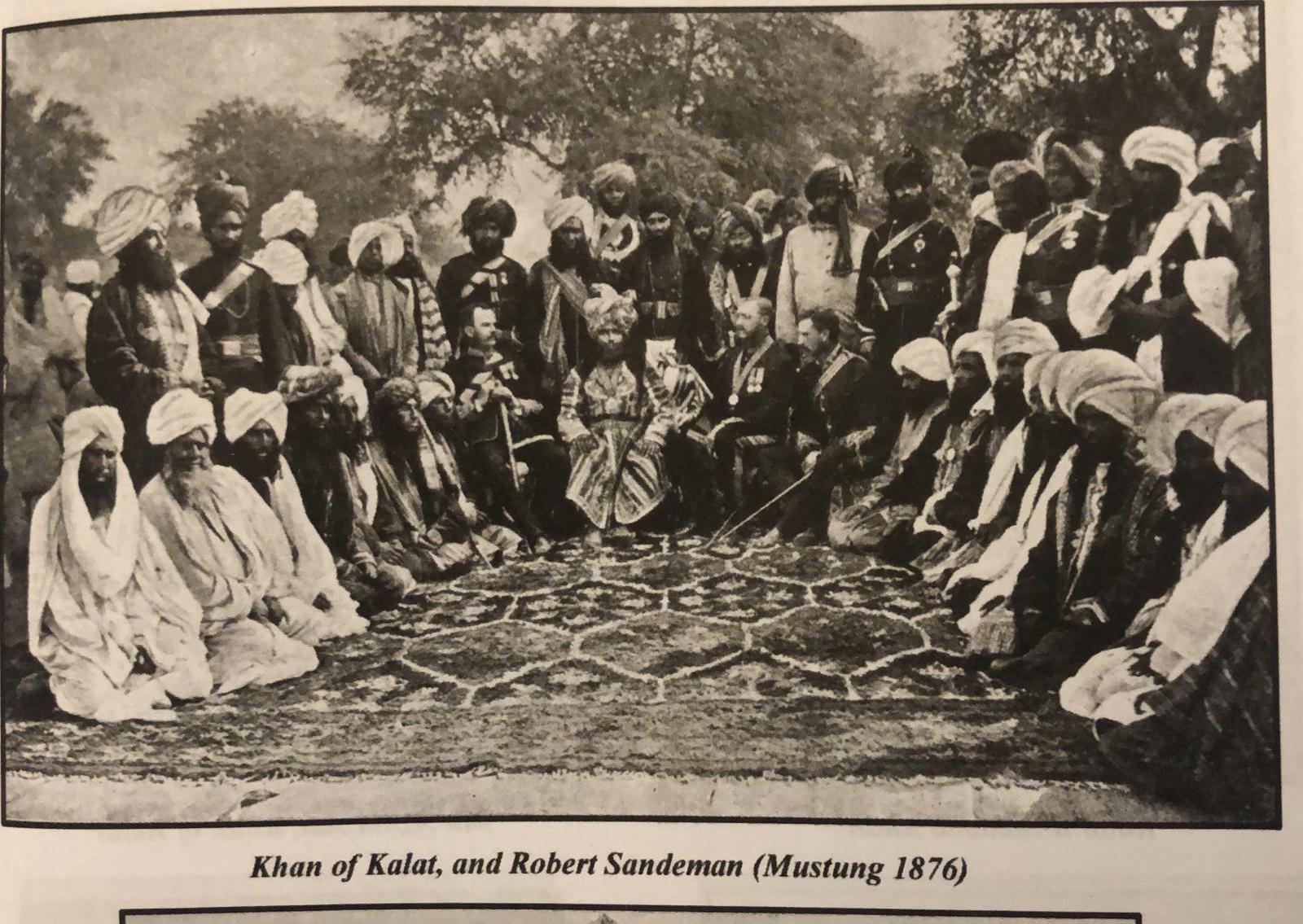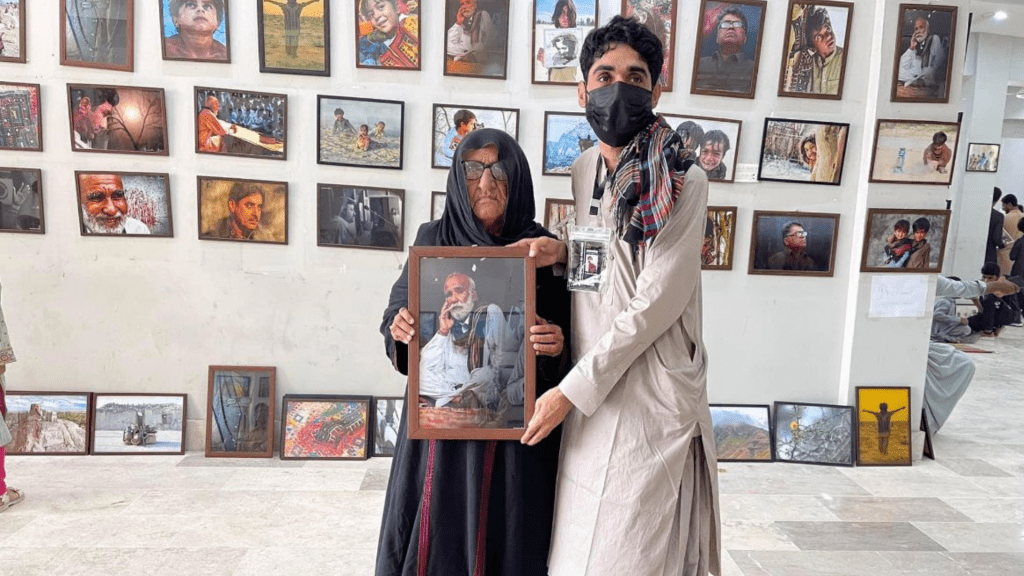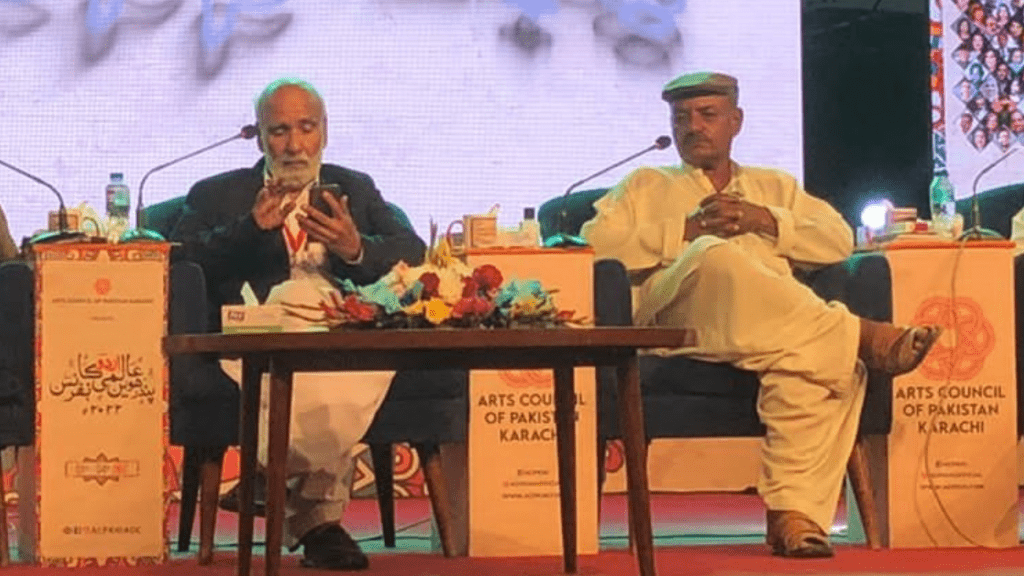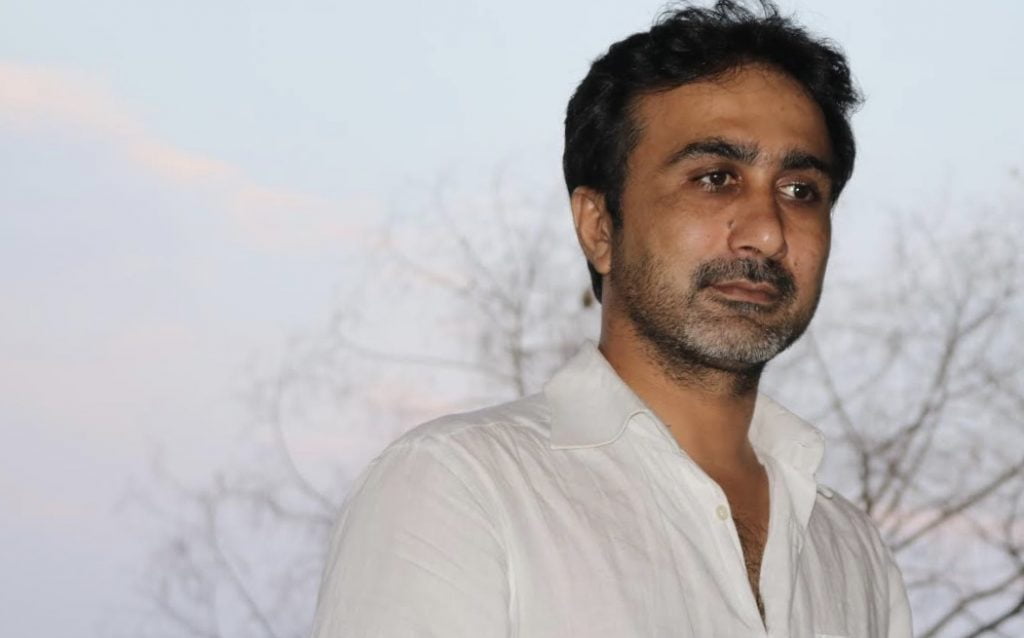The State of Pakistan has tried since the Partition to distort the history of Balochistan. The mostly-planted governments in Balochistan often pass propaganda as historical facts, just as Jam Kamal did recently, while conveniently forgetting that our past is well documented. Balochistan was an independent country and did not want to be merged with Pakistan but was annexed with force, a fact Akhtar Mengal referred to in a recent TV interview which prompted Kamal and former Home Minister Sarfraz Bugti to come up with their versions of history.
You don’t need to be a historian to know this. It’s there for everyone to see. Pakistan’s founder Muhammad Ali Jinnah not only recognised it but he was also in fact the lawyer who successfully pleaded with the British Khan of Kalat Ahmad Yar Khan’s case for an independent Balochistan. We announced our independence on August 11, 1947, three days before Pakistan came into being. However, after that Jinnah started pressing the Khan to merge Balochistan with Pakistan. The monarch put the proposal before our Upper House and Lower House both of which unanimously rejected it.
Speaking before the Dar-ul-uloom (the Baloch National Parliament) in Dhadar on December 12, 1947, Ghous Bakhsh Bizanjo delivered an iconic speech:
“…We are Muslims but it is not necessary…we should lose our freedom and merge with others. If the mere fact that we are Muslims requires us to join Pakistan then Afghanistan and Iran…should also amalgamate with Pakistan…”
Jinnah then sent in his army. Ahmad Yar Khan has admitted in his autobiography that the merger document was signed at gunpoint on March 30, 1948. This is our past, recorded and verified by historians, and no amount of tweeting by Rawalpindi-backed politicians can alter that.
Another fact that Kamal tried to change was that the name of the region, Balochistan, had been given to it by Pakistan after the Partition. “The name Balochistan came after independence and Lasbela announced its alhaaq (merger) with Pakistan,” Jam tweeted. I had not expected that I would one day be writing to counter such baseless claims of someone from my own ethnicity. Rulers of Kharan and Lasbela indeed excercised some degree of administrative autonomy at times but they remained part of Balochistan as they always accepted Khan Kalat as their ruler, especially when dealing with a foreign power. The examples are the treaties of 1841, 1854 and 1876 which the Khan signed with the British as the sovereign ruler of all of Balochistan that is now under Pakistan, including the Lasbeal and Kharan states.
Moreover, different historians trace the name Balochistan (The Land of the Baloch) to different eras, the most commonly held view being that it emerged in the nineteenth century. There is strong historical evidence that the areas between the borders of Kirman and the Indus River have been the abode of independent Baloch tribes for centuries. Mughal Emperor Zaheeruddin Babar (1483-1530) also referred to the region as Balochistan in his writings.
In the 19th century, the name Balochistan became official. Some believe that it was first adopted by the Qajar Dynasty when they annexed parts of the region and merged it with Kirman. Others believe that the name was first given by the British when they merged some parts of Afghanistan with the Eastern region of current Balochistan and named it as the British Balochistan. But one thing is certain, and there is ample evidence and historical maps available that confirm it, the name Balochistan existed long before Pakistan.
So, what made Jam Kamal deny all the facts and come up with a new version of our history that is unknown to any historian? Is he that naive? Surely not. As mentioned earlier, he parrots Pakistan’s narrative which tries to portray the Baloch as nothing but a bunch of quarreling tribes who had no organisation in life before the Partition.
Such sweeping statements and twisting of the facts as recent as only 70 odd years change nothing. He might create confusion for a few days but he certainly cannot re-write the past. Balochistan has been the abode of the Baloch people for centuries. Our ancestors have lived here as an independent people and both the local and foreign historians have documented it. Jam has to be careful as history has a way of biting those who try to play with it. Many have tried and failed miserably to link our existence with Pakistan, most notably his father and grandfather before him.
(The featured image, taken from Hameed Baloch’s book Balochistan Chronicles, is that of the Mastung Convention of 1876 in which the chiefs of Lasbela, Kharan, Makkoran, Sarawan and Jhalawan among others can be seen with their ruler Khan Kalat Khodadad Khan, and British officer Sir Robert Sandeman)
Maryam Khanzai is a humanist. She often campaigns for the rights of the Baloch people, especially the missing persons. Her interests include politics, literature and feminism.



